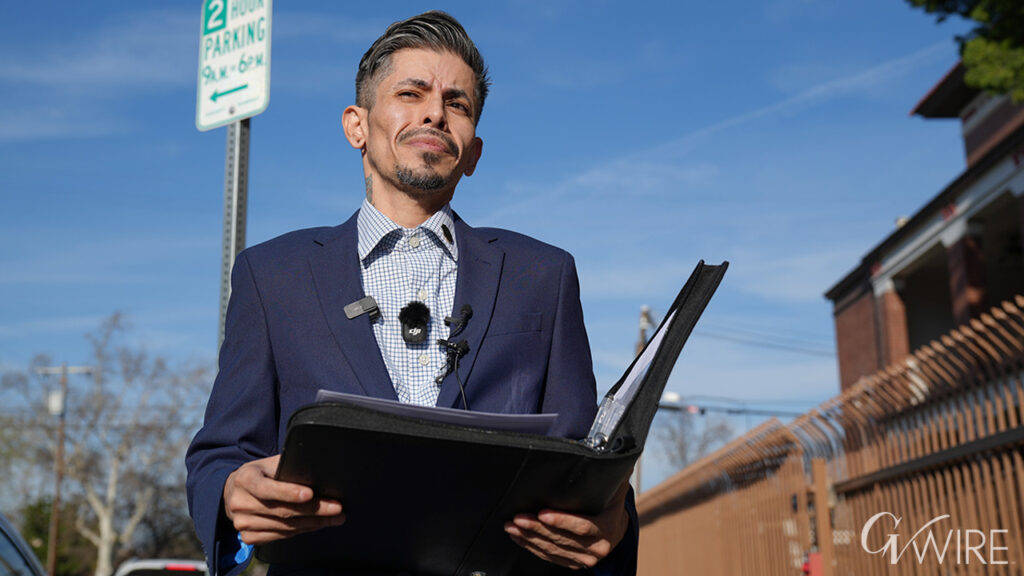The Federal Reserve is facing challenges in lowering interest rates due to persistent inflation pressures for the third consecutive month, which could hinder economic growth and hurt Biden's reelection chances. (Shutterstock)

- Despite criticism of tariffs during his candidacy, President Biden has maintained most of the Trump tariffs.
- Tariffs raise prices on consumers, contributing to continuing U.S. inflation.
- This situation raises concerns for President Biden's reelection prospects, opines Fareed Zakaria.
Share
|
Getting your Trinity Audio player ready...
|
Persistent inflation pressures for the third consecutive month are posing challenges for the Federal Reserve in its efforts to lower interest rates, potentially hindering economic growth, writes op-ed columnist Fareed Zakaria.
This situation also raises concerns for President Biden’s reelection prospects.
Economists are uncertain about the exact causes of this prolonged inflation, attributing some of it to residual effects of the pandemic and some to recent economic policies, like the large pandemic relief packages implemented by both the Trump and Biden administrations. While boosting the economy, these relief measures have contributed to inflationary pressures.
The imposition of tariffs by Trump, continued by Biden, along with other policies like “Buy America” provisions, aimed at achieving political objectives, has further increased costs for consumers.
Biden Keeps Trump Era Tariffs
Despite criticism of tariffs during his candidacy, President Biden has maintained most of these tariffs, along with introducing other protectionist measures. The tariffs, which essentially act as taxes on American consumers, have not achieved their intended goals, costing the economy billions of dollars and numerous jobs annually.
Related Story: Experts Question the Feasibility of Biden’s ‘Billionaire Tax’ ...
Additionally, policies like the “Inflation Reduction Act” prioritize political objectives over economic efficiency, potentially leading to sustained higher inflation. The reluctance to lift tariffs, despite their ineffectiveness, stems from political considerations within the Biden administration, Zakaria believes.
Tariffs Impacting Our Foreign Relations
The rise of protectionism in the United States not only carries economic costs but also impacts foreign relations, as seen in Biden’s opposition to a Japanese company buying a struggling American steel company. The administration’s stance prioritizes optics over substance, potentially straining alliances with close allies like Japan.
The idea that globalization caused America to lose its manufacturing jobs and boosted right-wing populism is questioned when we look at countries like Germany and France. Despite protecting workers, they also faced rises in right-wing populism.
Higher prices due to inflation can lead to public discontent and dissatisfaction with those in power, risking backfiring on policies meant to address populist sentiments. Balancing political objectives with economic realities in a globalized world is complex, as the public may lash out at whoever is in power, regardless of who implemented the policies, due to the financial burden they bear.
Check out the full column by Fareed Zakaria: The Washington Post
RELATED TOPICS:
Categories




















